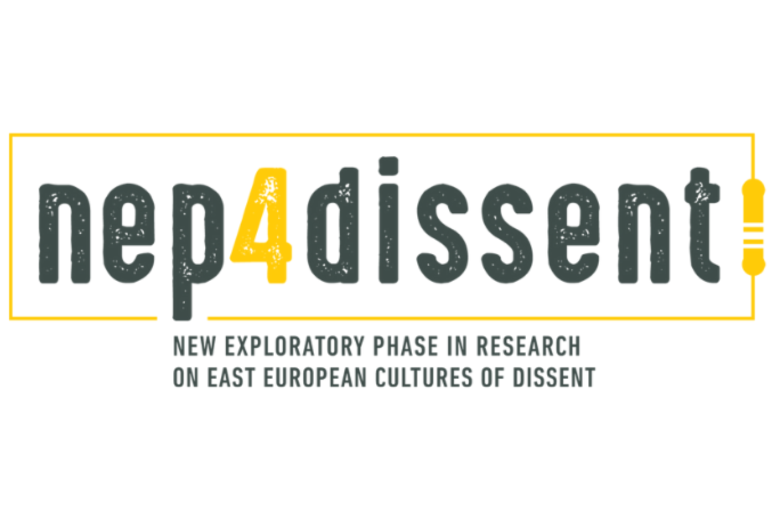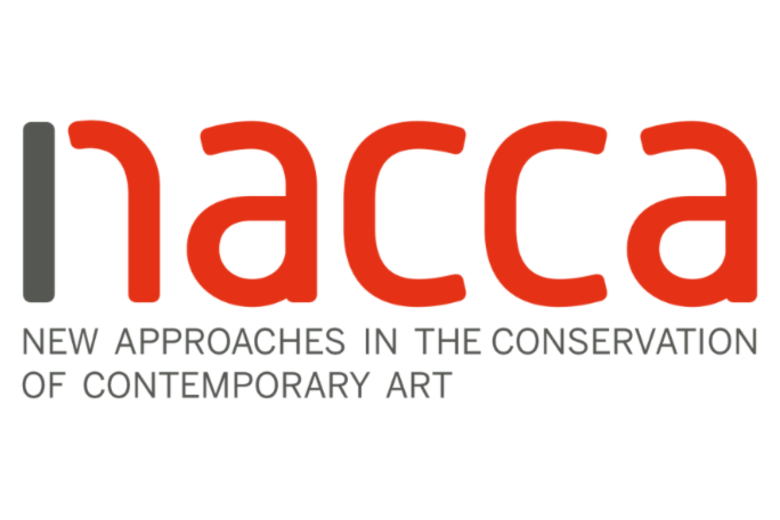Completed research projects
From Minimalist Forms to Post-Growth Economies? Advancing a Critical Formalist Perspective
To achieve critical climate and ecological targets, industrialized societies need develop economic systems that function without growth. Currently, a transformation towards ‘post-growth’ economies is unpopular and therefore unlikely.
This research project by Dr. Miriam Meissner explored the potential of minimalist lifestyles in promoting post-growth values and practices through the innovation of everyday organizing patterns.

Make-Believe Matters. The Moral Role Things Play in Dementia Care
Residential dementia care increasingly makes use of objects and artificial environments to support people with dementia, whose cognitive abilities are challenged, in sensual and emotional ways (e.g. in emotion-oriented care, therapeutic design). Many of these objects have aspects of make-believe. Think of social robots, therapy dolls, virtual-reality, experience-settings. People with dementia are particularly vulnerable to a loss of trust.
In close co-operation with professionals in care and design, this project investigated when the use of objects that involve aspects of make-believe supports the personhood of people with dementia. And when must it be seen as deceitful or manipulative? The project designed a threefold schematic: make-believe, make-feel and make-play. It developed guidelines and workshop material for professionals in care and design to support case to case decision making on these questions.
Project team:
Project partners:
- Alzheimer Centrum Limburg
- BrabantZorg Behandel- en Kenniscentrum Uden-Schaijk
- De Wingerd Woonzorgcentrum, Leuven (B)
- Expertisecentrum Dementie Vlaanderen vzw, Antwerpen (B)
- LUCA School of Arts, Genk (B)
- ROC Amsterdam
- Vilans Kenniscentrum langdurende zorg, Utrecht
- Communication and MultiMedia Design, Zuyd Hogeschool
- St. Augustine Memory Zentrum, Neuss (BRD)
- Dementia Services and Development Centre, Stirling (UK)
- DZNE, Witten (BRD)

Beyond Autonomy and Language: Towards a Disability Studies Perspective on Dementia
The project 'Beyond Autonomy and Language' conceptualized dementia as a disability that we (not only the people diagnosed but especially the community at large) have to learn to adjust to instead of focusing on dementia as a disease in need of a cure. It involved four case studies (three of which are situated in practical real-life settings) in collaboration with societal partners.
The case studies included:
- technological applications in home care situations
- art projects in which people with dementia are actively involved
- clowning for people with dementia in residential care
- dementia representations in literature and film.
These were studied by an interdisciplinary team consisting of specialists in literature and arts, science and technology, philosophy, and health sciences. The project’s larger aim was to find ways to diminish the stigma surrounding dementia and to bring the qualities of personhood upholding practices in dementia care to the fore.
Project team:
- Dr. Ruud Hendriks
- Annette Hendrikx
- Dr. Ike Kamphof
- Dr. Aagje Swinnen
Project partners:
- Alzheimer Centrum Limburg
- Discovery Center Continium (Kerkrade)
- Limburgs museum (Venlo)
- Mobilab KHKempen
- Orbis Medisch en Zorgconcern
- Proteion
- Stichting Koffer
- Stichting miMakkus
- Stichting VAK in uitvoering
- Vivre (Maastricht)
- Zona's kiosk
- Zorggroep solis (Deventer)

NEP4Dissent
NEP4Dissent was a COST Action with six working groups. From AMC, Dr. Ferenc Laczo headed one of them titled 'Cultural Memory of Dissent' which organised workshops, a conference and produced a peer-reviewed special issue of the journal EEPS (ten papers plus an intro) on the legacy of dissent (in print).

New Approaches in the Conservation of Contemporary Art (NACCA)
The research and training programme New Approaches in the Conservation of Contemporary Art (NACCA) aimed at meeting the demands of contemporary art conservation by educating a new generation of professional curators, conservators and academic researchers who are properly equipped to face these challenges.
The programme was designed by experts working in museums, heritage organisations and universities that have a profound experience in the field of contemporary art conservation and conservation research. It consisted of a research and a training part, which were closely connected and mutually informed each other. It focused on the development of a reflective professional attitude, which is a pre-requisite in the increasingly complex and collaborative field of contemporary art conservation.
Project team:
- Prof. Renée van de Vall
- Iona Goldie Scot
- Sophie Lei
- Artemis Rüstau
- Caitlin Spangler-Bickell
Project partners:
- University of Amsterdam, NL
- University of Glasgow, UK
- Tate London, UK
- Universidade Nova de Lisboa, PT
- University of Porto, PT
- Cologne University of Applied Sciences, DE
- University of Roma III, IT
- MUDEC, IT
- Academy of Fine Arts Warsaw, PL
- New York University, US
- Kunsthaus Lempertz KG, Cologne, DE
- Prof. H. Hanstein

-
IGNITE: Design Thinking and Making in the Arts and Sciences
-
From Minimalist Forms to Post-Growth Economies? Advancing a Critical Formalist Perspective
-
Make-Believe Matters. The Moral Role Things Play in Dementia Care
-
Beyond Autonomy and Language: Towards a Disability Studies Perspective on Dementia
-
NEP4Dissent
-
New Approaches in the Conservation of Contemporary Art (NACCA)
